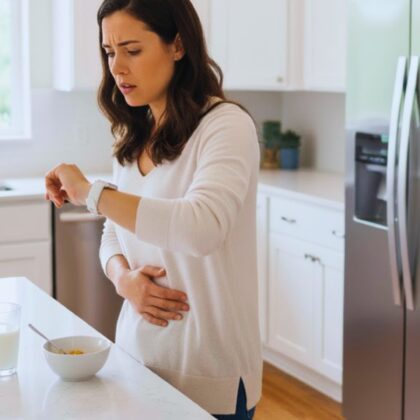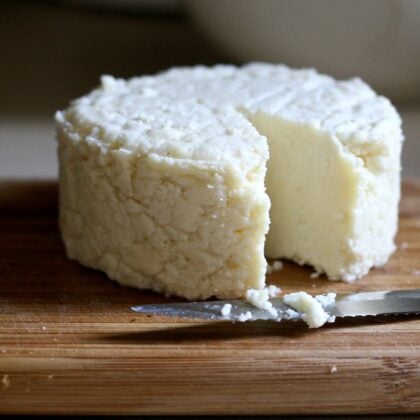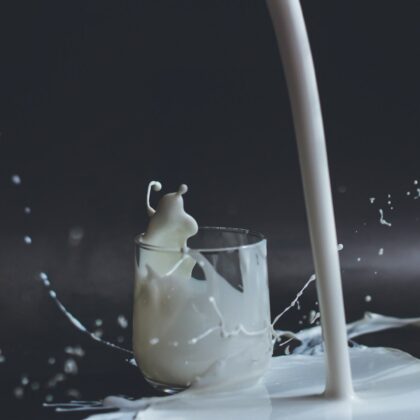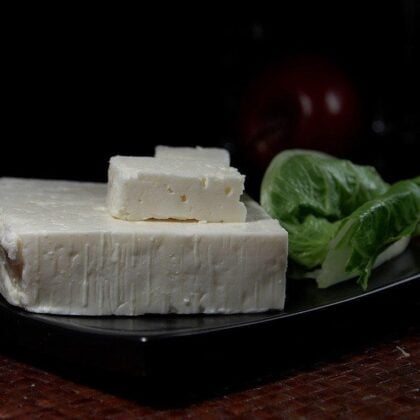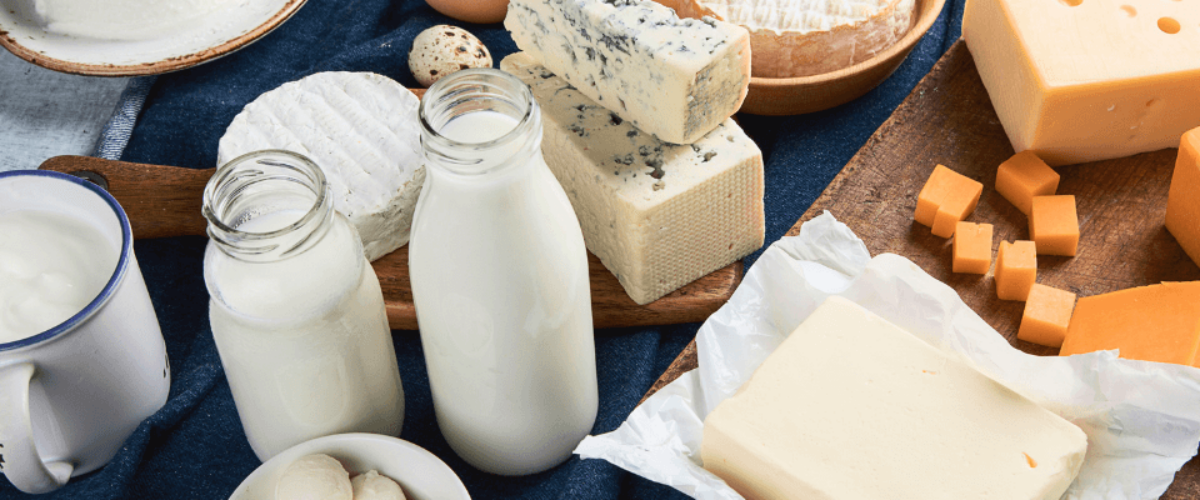
Are you looking into the subject of lactose intolerance for yourself or a loved one?
So you may have already read, seen or heard the wordshypolactasia"andalactasia"Without really knowing what they were referring to. As a specialist in this field, LACTOLERANCE helps you to better understand the vocabulary associated with this food intolerance, which causes a variety of digestive problems.
Hypolactasia or alactasia: what's the difference?
When you find out aboutlactose intoleranceTwo technical terms are often used: hypolactasia and alactasia. They both refer to a lack of lactasethe enzyme responsible for digesting lactose (the sugar in milk), but they don't mean exactly the same thing...
Here's a clear guide to understanding these two concepts and, above all, how to make the most of them. on a daily basis with tailored digestive solutions.
Hypolactasia: a natural decrease in lactase
L'hypolactasia designates a reduced lactase production by the body. This enzyme is produced in the small intestine and converts lactose into simple sugars (glucose + galactose) that are easy to digest.
This decline is a phenomenon completely natural in the majority of adults. It is estimated that 75 % of the world's population presents a more or less marked form of hypolactasia. Lactase activity is highest in children, but gradually declines with age in many people.
Please note:
Hypolactasia is not always synonymous with intolerance. Some people have reduced lactase production without experiencing any digestive discomfort. Others, on the other hand, develop typical digestive discomforts after consuming lactose: bloating, gas, diarrhoea, abdominal pain, etc.
⚠️ Alactasia: almost total absence of lactase
L'alactasiais a form of more severe. It designates total or almost total absence of lactase in the body.
A distinction is made between :
-
Partial (moderate) alactasia lactase production is very low. It is sometimes possible to tolerate small amounts of lactose (up to around 12g a day, equivalent to a glass of milk).
-
Total (severe) alactasia the organisation no longer produces lactase at all. In this case, even a small amount of lactose can trigger serious digestive problems. Strict avoidance of lactose is often recommended... unless you opt for a suitable supplement.
To sum up:
| Term | Definition | Lactase produced? | Consequences |
|---|---|---|---|
| Hypolactasia | Progressive fall in lactase | Yes, in small quantities | Variable tolerance |
| Alactasia | Absence (partial or total) of lactase | Very low or nil | Strong intolerance |
Did you know?
Unlike thecow's milk allergy (immune reaction), hypolactasia and alactasia are enzyme disorders. These are not diseases in the strict sense of the term, but a physiological imbalance that can easily be compensated for.
In medicine and biology, hypolactasia refers to low production of lactase by the body. Lactase is an enzyme produced in the small intestine of humans and mammals in general. Its role is to transform lactose, which is the sugar in milk, into simple carbohydrates that are easy to digest.
A simple solution: LACTOLERANCE
If you suffer from hypolactasia or alactasia, this does not mean that you have you don't necessarily have to give up cheese, yoghurt, cream, pastries or even a meal in a restaurant.
At LACTOLERANCEwe have developed lactase enzyme-based digestive supplementsperfectly proportioned to help your body digest lactose, according to your level of sensitivity:
-
LACTOLERANCE 9000 For intolerant children aged 3 and over - acts immediately.
-
LACTOLERANCE ULTRA For intolerant people aged 12 and over - ideal for richer meals - with lactase + lipase (fat digestion).
-
LACTOLERANCE 1/DAY A daily solution to naturally retrain your microbiota to produce lactase.
With the right enzyme at the right time, you can rediscover the pleasure of eating without suffering.
In conclusion
✔️ L'hypolactasia is a natural decrease in lactase, common in adults.
✔️ L'alactasia is an almost complete absence of lactase, which is often more restrictive.
✔️ Both can cause digestive problems after ingesting lactose.
✔️ Des solutions exist to return to a normal eating life, free of constraints.

Hello, I'm Vincent
Like you, I'm lactose intolerantI know exactly what you're going through and the difficulties you encounter on a daily basis. For over 10 years, I've been helping our customers to use our dietary supplements and giving advice and tips on how to improve their digestive comfort. I'm also a keen cook and gourmet, so you'll find my favourite recipes for a lactose-free diet in this blog.
Lactose intolerance is not inevitable! With LACTOLERANCE you can digest with complete peace of mind


